NATO warns of military, economy power shift to China, Russia
A top commander of the NATO military alliance has highlighted a shift in global economic and military power from the West to other countries, particularly Russia and China, warning of a growing “risk of a major interstate conflict.”
“China is leveraging its economic power to increase defense spending as a foundation of the growing global power strategy,” said NATO Supreme Allied Commander Transformation General Denis Mercier in an address before US-based think tank, the Atlantic Council, The Hill reported Friday.
“The neighboring India is following the same path and could reach a comparable status in the medium term,” the French general further cautioned, adding: “At the same time, Russia is resurfacing with the will to become a major power again, challenging the established order in the former Soviet space.”
The official was summarizing the findings of the alliance’s latest Strategic Foresight Analysis (SFA) report and comparing it to the first SFA report released in 2013. The 2017 report, released in October, points to 20 global trends and 59 of their policy implications for NATO.
Mercier further highlighted some of the major trends in global power structure, including a worldwide shift in economic and military power from North America and Western Europe to emerging powers such as China and Russia.
According to the latest SFA report, China and Russia are major defense spenders, with China spending nearly $215 billion on defense in 2015. It also notes that among NATO member nations, 22 announced a boost in their defense spending during 2016.
Predicting that such trend will continue, the report further states, “Asia-Pacific economies are projected to drive 60 percent of the total global increase in defense acquisition, research and development and 30 percent of the total defense acquisition budget through 2020.”
The French commander also underlined that the Allied Command Transformation’s first SFA report was more optimistic regarding international security than this year’s report.
“The 2013 report acknowledged the complexity of the security environment and identified less potential for major conflict,” Mercier noted. “This demonstrates that our starting assumptions will always be challenged.”
The latest SFA report also points out that the shift in political power will require NATO to develop stronger ties with more countries. It recommends that “reaching out to rising powers for military-to-military dialogue would help to develop confidence and security building measures.”
The NATO report further elaborates on other risks to NATO’s missions, including the impact of demographic and climate changes on military affairs. It warns that higher levels of urbanization may force the military alliance to intervene into densely populated cities, and that climate change may lead to expanding military activity in the Arctic region.
VIDEO | Iran: Show of strength
UNRWA will ‘stay, deliver’ aid to Palestinians despite Israel’s ban: Lazzarini
Explainer: What makes Iran's Rezvan and Raad loitering munitions prized assets?
VIDEO | Unseen agony: Missing loved ones of genocide in Gaza
Iran cuts gold import tariff to zero
Pezeshkian: Iran determined to develop, boost ties with neighbors
VIDEO | Israel, Hamas ceasefire agreement: Closer than ever
VIDEO | Gaza ceasefire to be put in place under resistance conditions


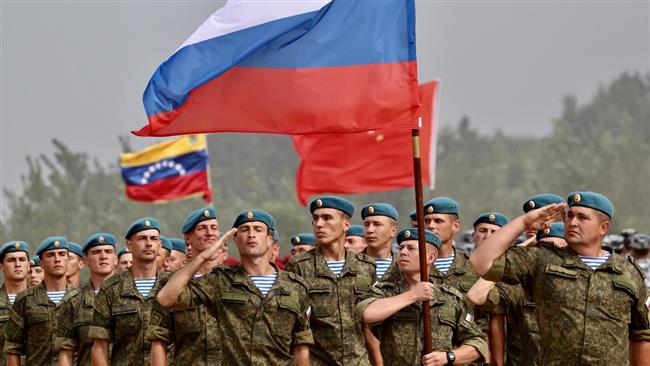

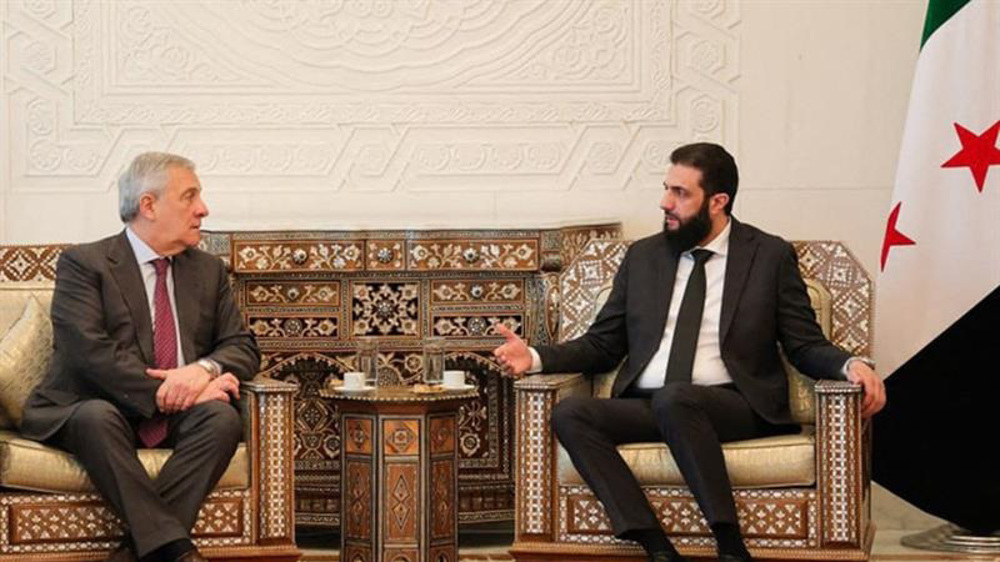
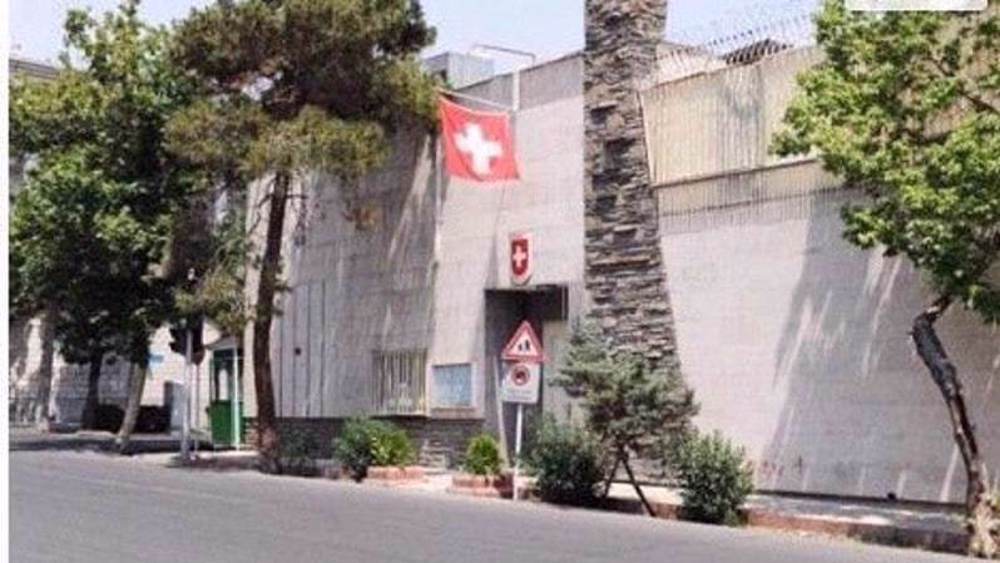



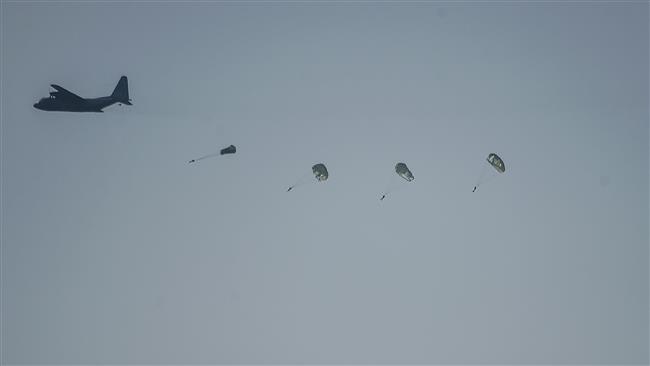

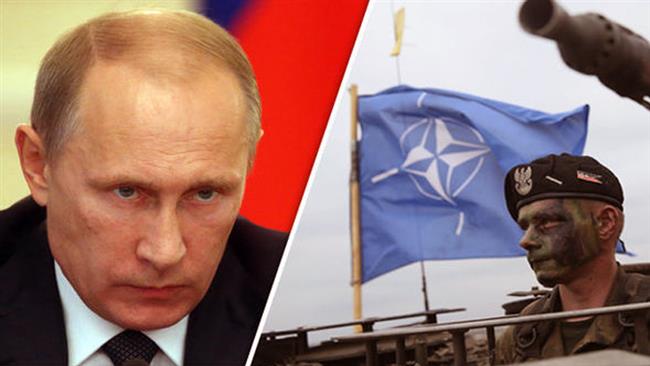

 This makes it easy to access the Press TV website
This makes it easy to access the Press TV website